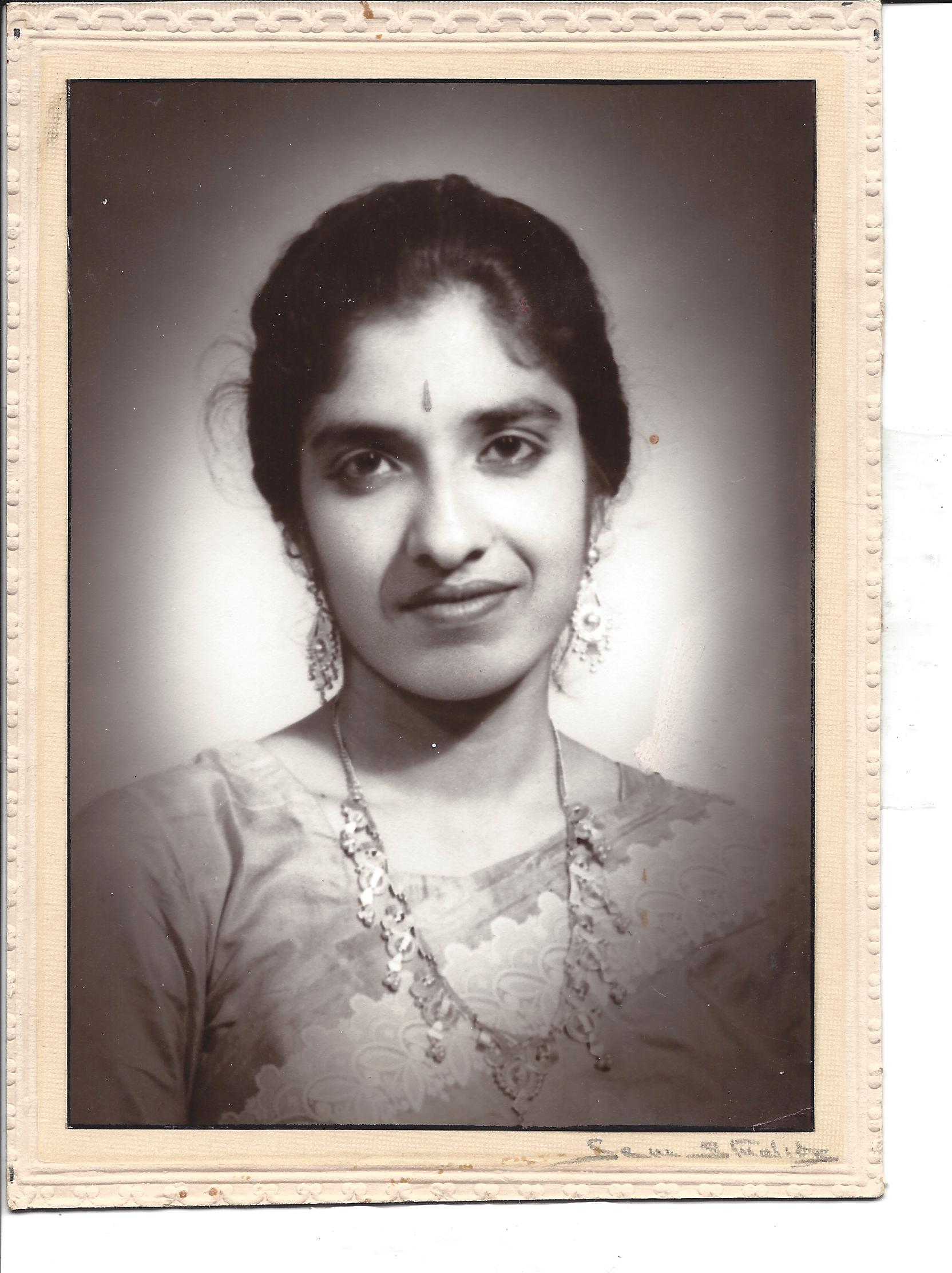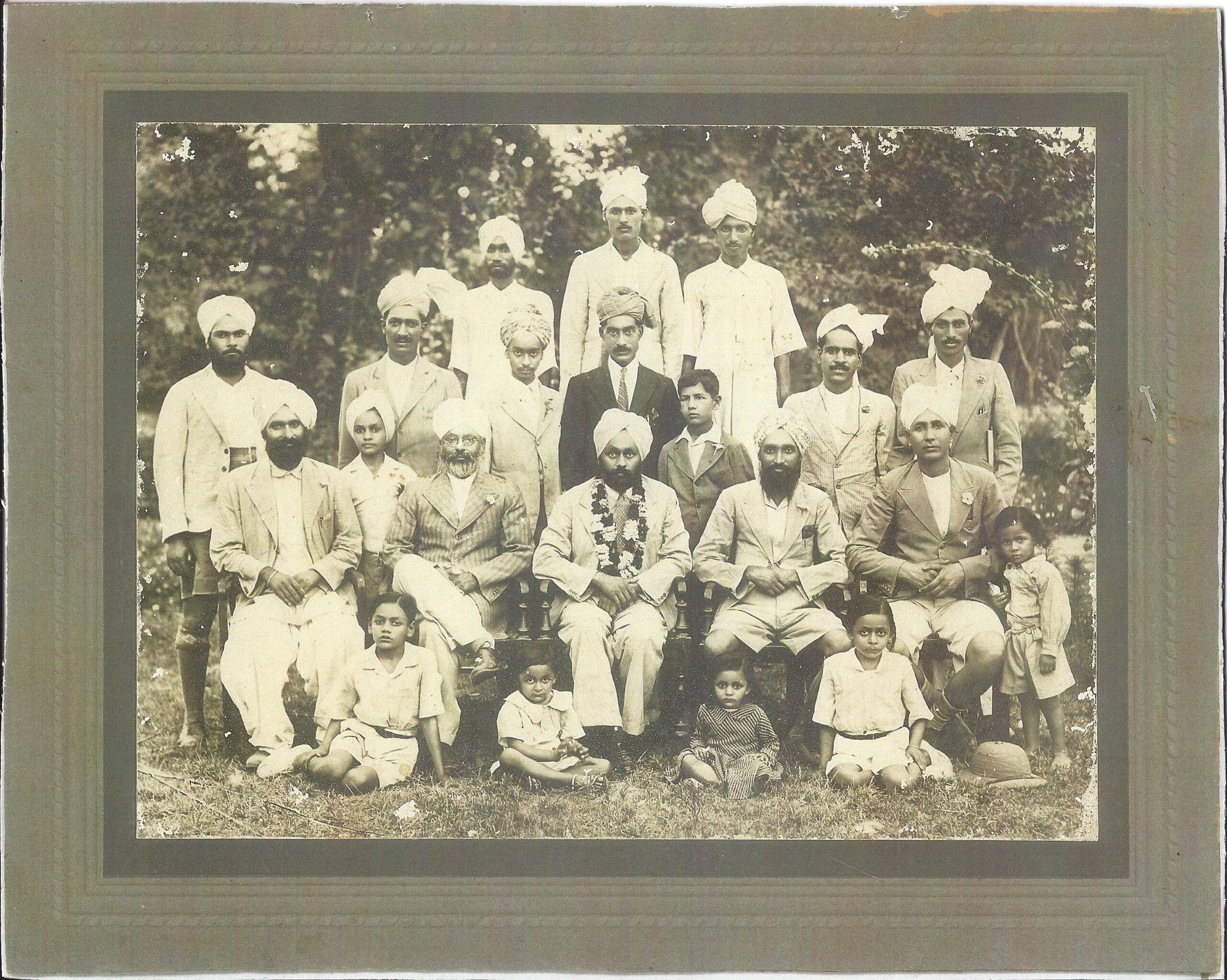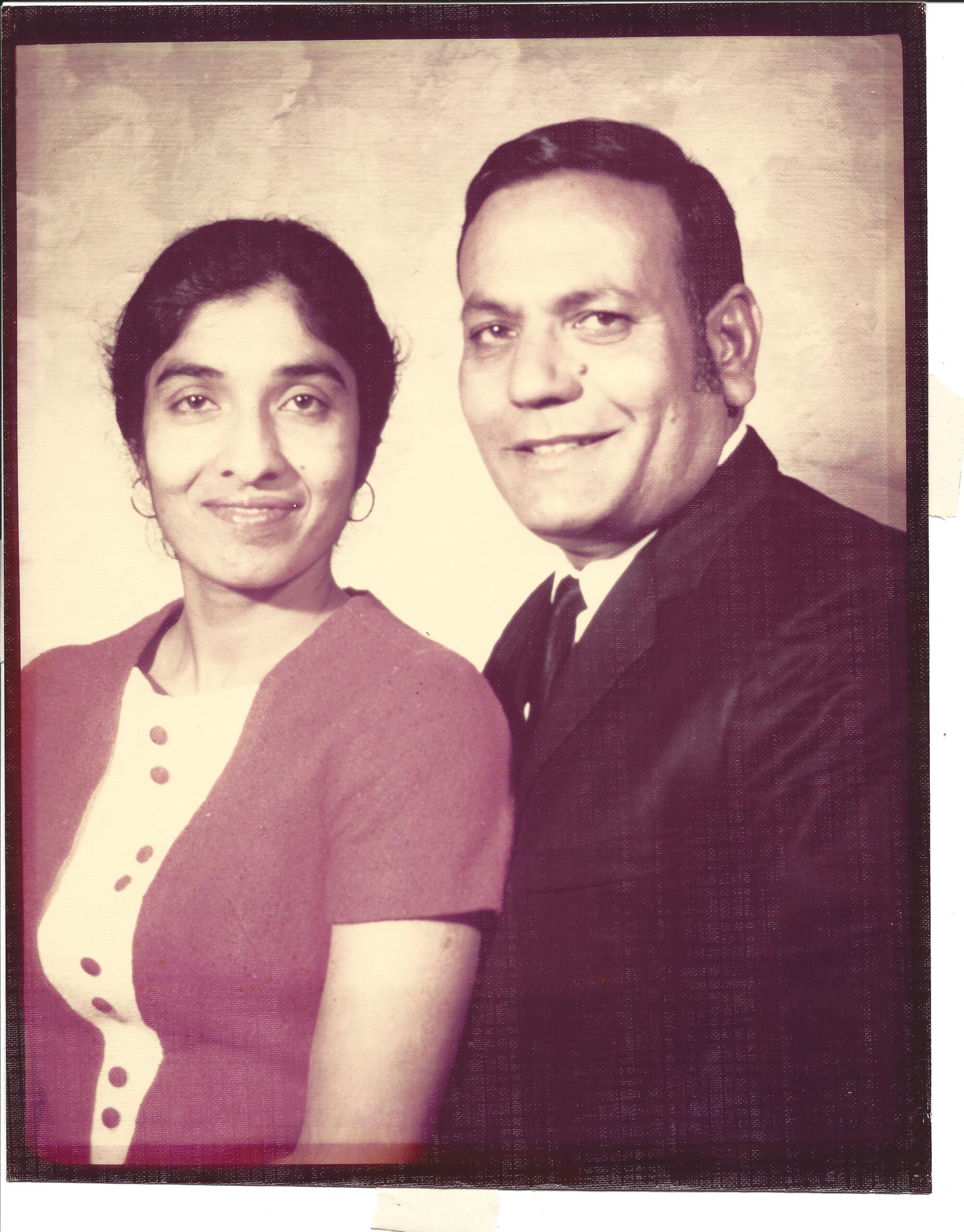Rajinder Kaur Toor
Rajinder Kaur Toor (born March 5, 1941) was among the first generation of Punjabi women to settle in Yuba City after World War II. Rani has the distinction of being the first Punjabi female teacher in the Yuba City area. Holding a master’s degree in education from Chapman University, she taught for 36 years at Beale Air Force base.
Rani was born into a professional family in Multan, British India that later became a part of Pakistan after India’s 1947 partition. Rani’s mother told stories of leaving their home with only what they could carry. The family was fortunate to leave for India before the violence erupted.
In June 1947, the family settled in the village of Sarih Shankar in the Jalandhar district of Punjab in India. Rani remembers that one day her brother left home to “get his homework” (presumably from their home in what was now Pakistan), disappeared for a while, and the family feared the worst. Fortunately, he eventually returned to their new home.
Rani’s family placed a high value on education. Her father was a civil engineer who taught her mother how to read Gurmukhi in order to empower her to read her Sikh prayers. A bright woman, her mother memorized the Japji sahib prayer and knew a lot about the Gurbani (Sikh scriptures). Rani completed her high school education and attended college in Chandigarh. She was fluent in Punjabi, Hindi and English.

Rajinder Toor, Chandigarh, Punjab, India, c. 1962.
“I am very proud of my career, the people I worked with and my students, especially because I know I made a difference.“

Chain Singh Sanghera and Public Works Department, Lahore, Undivided India, date unknown.
Shortly after marrying her husband, Joginder Singh Toor, Rani lived for a year in England before arriving in Yuba City in 1965. Her husband had settled in the area a decade earlier, serving two years in the US Army. He had significant family ties to the British Indian Army and the Indian Army after 1947. His elder brother served in the Indian Army as Brigadier Major General, parachuting into Italy in World War II. His grandfather was a Captain in the British Indian Army, also serving as Personal Assistant to the Viceroy of India during the British colonial period, making him a target for violence during their journey to India after partition. Working as a farm laborer, “Joe” later transitioned to work as a foreman for a walnut farmer while living on the same farm. He eventually was able to purchase his own farm and farmed for over fifty years. Rani’s education and fluency in English set her apart from other Punjabi women in the area at that time. She easily mixed with Americans of all backgrounds. Her greatest challenge was adjusting from the cosmopolitan city of Chandigarh to the village of Yuba City.
She made friends with other Punjabi women who were teachers, such as Kulwant Kaur Bains, Robin Fickewirthe, and eventually with the other female teachers at her school. In 1967, she began her 36-year teaching career at Lone Tree School at Beale Air Force base. She worked very long hours as a working mother, commuting over 30 miles from Yuba City to Beale Air Force Base. She would complete the same daily commute yet again in the evenings attending classes so that she could complete her master’s degree. Rani loved teaching. She was a strict teacher whom the parents liked a great deal. She felt that she never faced discrimination. Wearing American dresses, she adjusted to the cultural norms at her school.
Her family also contributed a great deal to the local Sikh community; they were among the founders of the Tierra Buena and Bogue Road Gurdwaras.
She is the proud mother of three daughters, Chandan, Sharan, and Kiran.
Photos Courtesy of the Toor family.
Source: Interview with Rajinder K Toor by Nicole Ranganath, Yuba City, November 22, 2019 with written input by the family.

Rajinder and Joginder Toor, Marysville, California, 1971.
